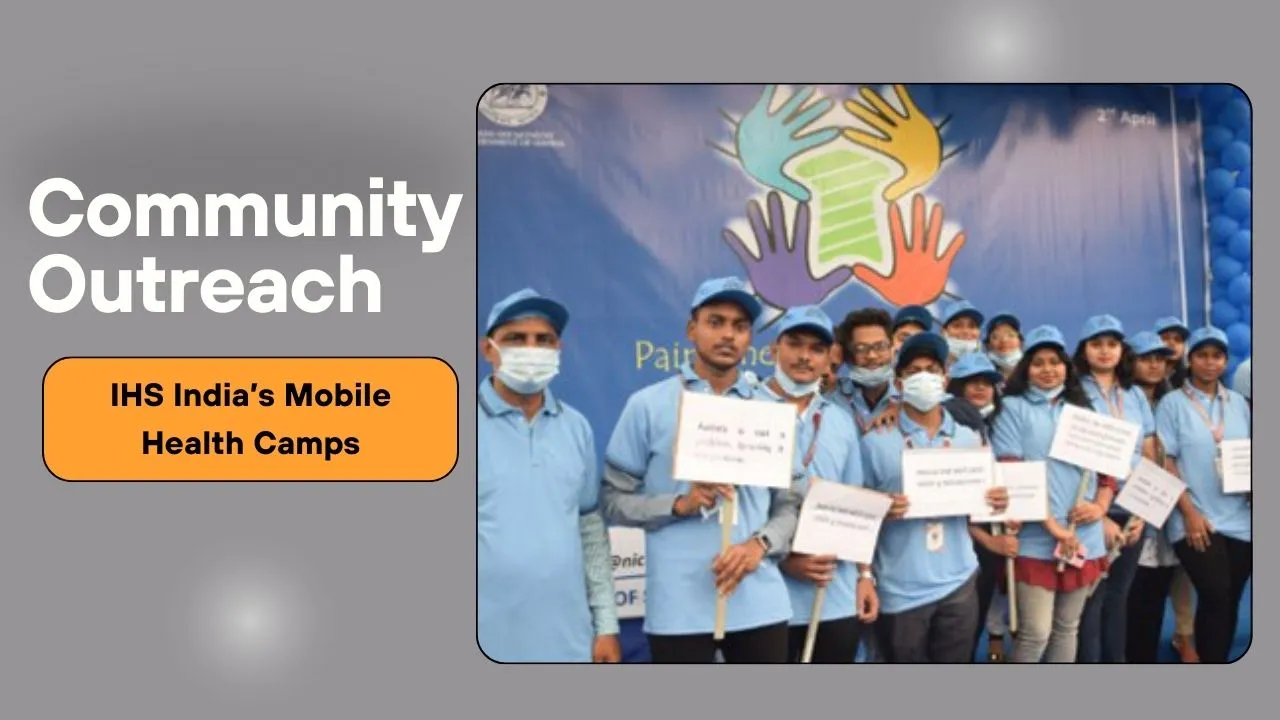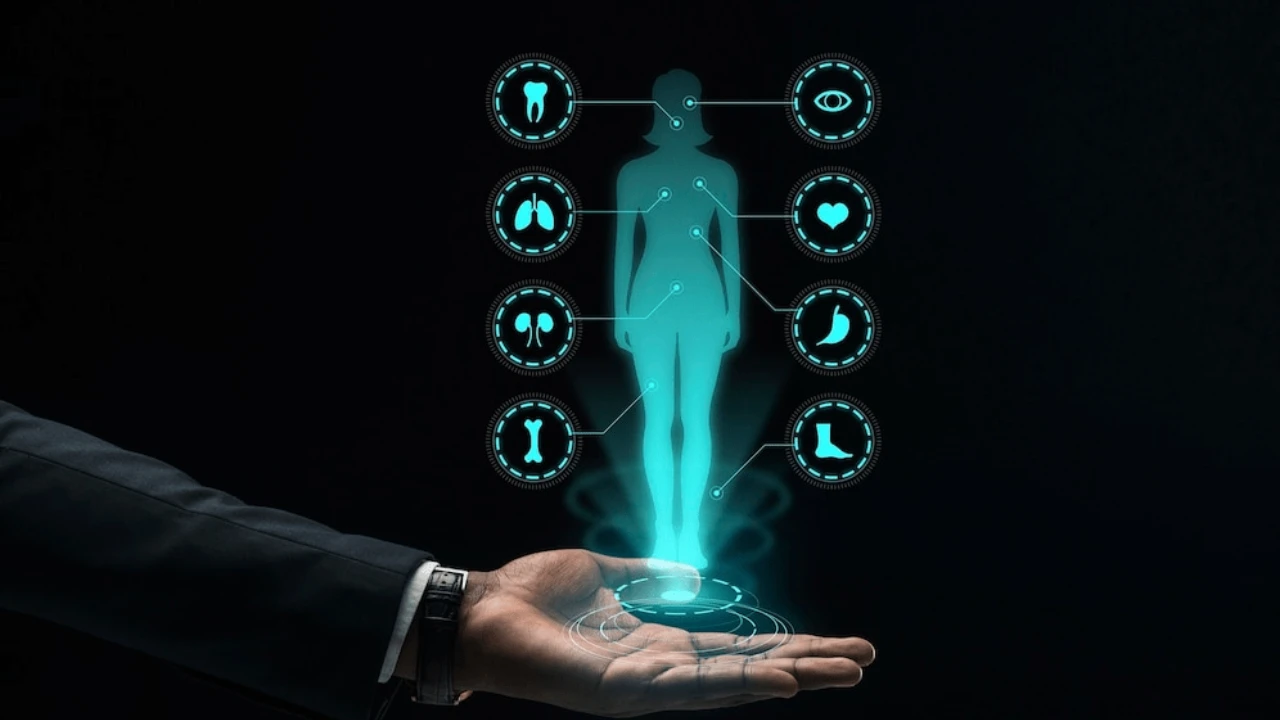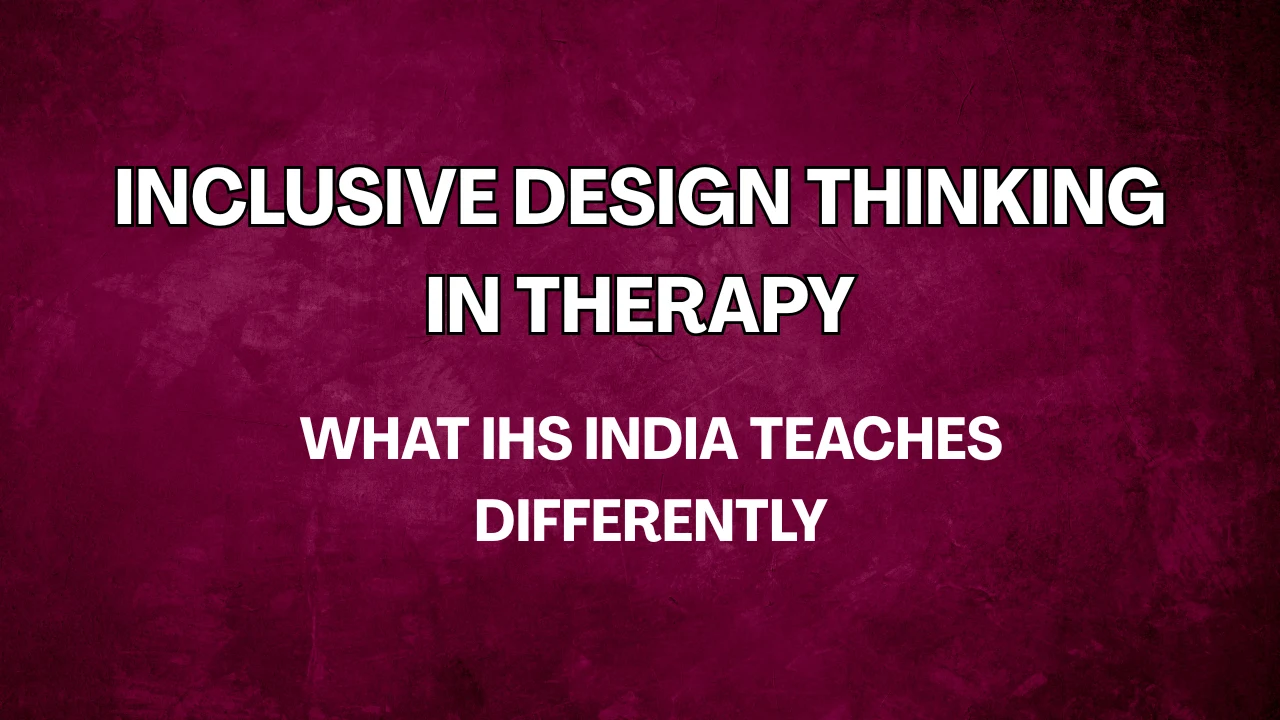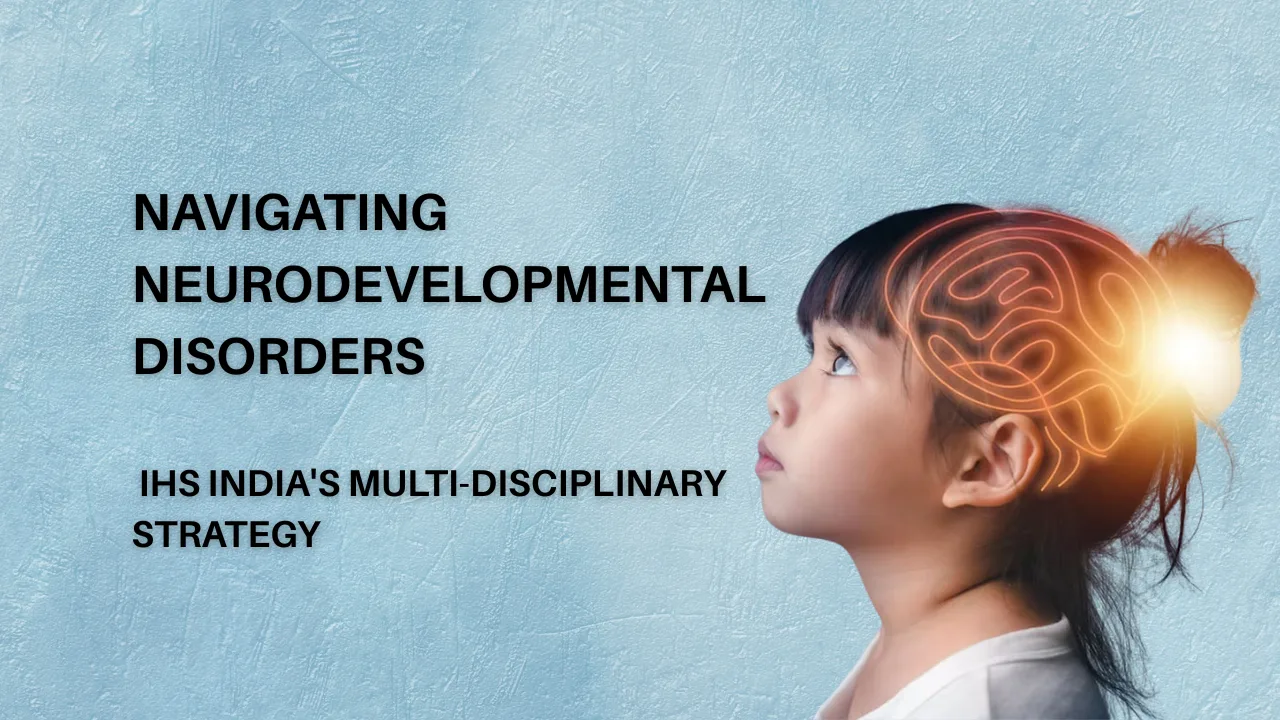IHS India’s Mobile Health Camps: IHS India’s Mobile Health Camps are redefining how healthcare reaches the most neglected corners of the country. In villages where primary health centers are miles away and transportation is unreliable, mobile health units have become the bridge between health services and people who have long remained disconnected. These mobile camps are not just a convenience—they are often the only source of medical attention in some parts of India.
This article will dive deep into how IHS India’s Mobile Health Camps work, the range of services they offer, and their growing role in public health. You’ll also discover the operational strategies behind these camps, how they empower communities through awareness, and why they matter in the larger scheme of India’s healthcare framework.
IHS India’s Mobile Health Camps
IHS India’s Mobile Health Camps are fully equipped medical vans that travel into remote, underserved areas to offer essential health services. Each mobile unit is staffed with qualified doctors, nurses, and health workers, and carries diagnostic tools, basic medicines, and health information materials. These camps bring primary care directly to communities with little to no access to health facilities. Their outreach has been steadily expanding, focusing on marginalized populations, improving health equity, and creating awareness around preventive care.
Overview of IHS Mobile Camp Operations
| Aspect | Details |
| Target Area | Rural, tribal, and low-income urban zones |
| Core Services | General checkups, maternal & child care, diagnostics, medication, health education |
| Staff Involved | Doctor, nurse, pharmacist, community health worker |
| Frequency | Weekly to monthly visits based on location needs |
| Special Focus | Women’s health, chronic illness, hygiene awareness |
| Community Involvement | Local volunteers help coordinate and raise awareness |
Reaching the Unreachable
One of the strongest points of IHS India’s Mobile Health Camps is their mobility. These camps operate out of customized vehicles that are designed to handle rough terrain and long travel hours. They visit areas where permanent health infrastructure is unavailable or too far away. Villagers who once had to travel several kilometers for even basic medical consultation now have care delivered at their doorstep. This not only saves time and money but ensures that vulnerable populations, including women, elderly, and children, don’t fall through the cracks of the system.
Services Offered at the Camps
The services provided by IHS India’s Mobile Health Camps are broad yet focused. Most units offer basic consultations for common ailments, blood pressure and blood sugar testing, eye exams, distribution of medicines, and referrals for specialized treatment when necessary. They also carry out antenatal and postnatal care for women, monitor child development, and run nutrition assessments. Mobile units often hold group sessions to educate the community on sanitation, nutrition, and managing chronic diseases like diabetes and hypertension.
Health Education and Awareness
Beyond treating illnesses, the mobile camps play a powerful role in creating long-term health awareness. Trained health workers engage with the community through one-on-one talks and group discussions. Topics covered include personal hygiene, safe drinking water, balanced diets, mental health, and the importance of vaccination. For many villagers, these sessions are their first introduction to structured health education. This proactive approach reduces the incidence of preventable diseases and encourages timely treatment-seeking behavior.
Key Highlights of the Outreach
- Regular Scheduling and Follow-Ups:
The camps do not function as one-time events. Instead, they are planned in cycles, allowing for follow-up care and consistency. Patients with chronic conditions are regularly monitored, and treatment compliance is ensured through record-keeping. - Support for Maternal and Child Health:
Special attention is paid to maternal and child health. Pregnant women receive checkups, iron and folic acid supplements, and are guided on safe delivery practices. Infants and children are assessed for growth milestones, vaccinated, and provided with nutritional advice.
Community Participation Makes It Work
Community involvement is at the heart of the success of IHS India’s Mobile Health Camps. Local volunteers play a crucial role in mobilizing people, spreading awareness about the camps, and assisting in on-ground coordination. Women’s self-help groups and school teachers often become informal health ambassadors. Their engagement not only enhances trust between health teams and villagers but also ensures better attendance and outreach. This collective model transforms health into a shared responsibility, instead of a top-down service.
Challenges Faced in Mobile Healthcare
Operating mobile health services in rural and underserved areas is not without hurdles. Poor road conditions, lack of internet connectivity for digital record-keeping, and unpredictable weather often disrupt planned visits. Additionally, cultural beliefs and distrust in formal medicine can result in low initial participation. However, with continuous presence, transparent communication, and visible results, IHS India has steadily built community trust and broken down resistance. Training sessions for locals and regular feedback loops help improve efficiency and relevance.
Two Key Benefits of the Mobile Health Camps
- Direct Access to Healthcare
- These camps eliminate the need for long-distance travel.
- They cater to people with mobility issues, ensuring no one is left behind.
- These camps eliminate the need for long-distance travel.
- Improved Public Health Awareness
- Through regular interactions, communities gain a clearer understanding of health.
- Preventive care becomes part of everyday life, leading to fewer emergencies.
- Through regular interactions, communities gain a clearer understanding of health.
Results and Impact
Over the years, IHS India’s Mobile Health Camps have demonstrated measurable improvements in community health. In villages covered by these camps, early diagnosis of diseases has risen sharply. Pregnant women are more likely to attend antenatal checkups, and children’s immunization rates are improving. Moreover, the knowledge spread by these camps has resulted in cleaner environments, better nutrition, and healthier practices. These are not just numbers—they reflect real improvements in people’s lives and futures.
FAQs
What makes IHS India’s Mobile Health Camps different from regular health drives?
They are regular, structured, and community-based with a strong focus on both treatment and education, unlike one-time health drives. They are regular, structured, and community-based with a strong focus on both treatment and education, unlike one-time health drives.
Do these camps offer follow-up care?
Yes, one of the major strengths of these camps is their routine schedule, which allows for consistent follow-ups and ongoing treatment.
How do the camps select which villages to visit?
Areas are chosen based on healthcare need assessments, often in coordination with local authorities and NGOs.
Are the services limited to specific age groups?
No, services are open to everyone—infants, children, adults, and elderly—all receive care based on their health needs.
Can someone get referred to a hospital from a camp?
Yes, when advanced care is needed, the medical staff provides referrals and sometimes coordinates with nearby hospitals.
Final Thought
IHS India’s Mobile Health Camps are much more than a medical service—they’re a commitment to inclusive healthcare. They represent what’s possible when innovation, empathy, and community spirit come together. By reaching the most forgotten corners of the country, these camps are changing lives every day, quietly but powerfully. If this initiative resonates with you, consider sharing this article or getting involved. Every step counts toward a healthier, more connected India. Explore more such stories and stay informed about efforts making real impact.







